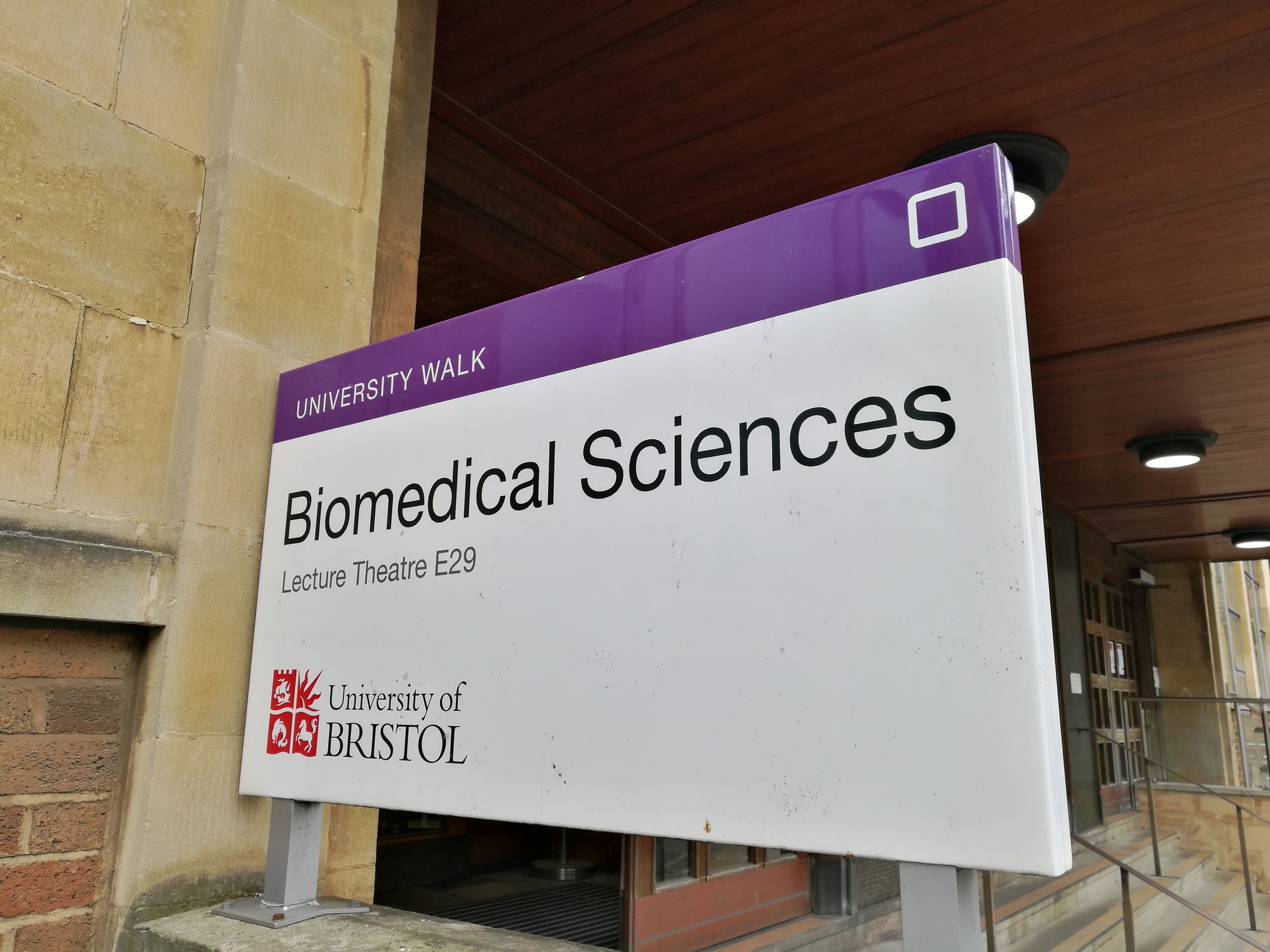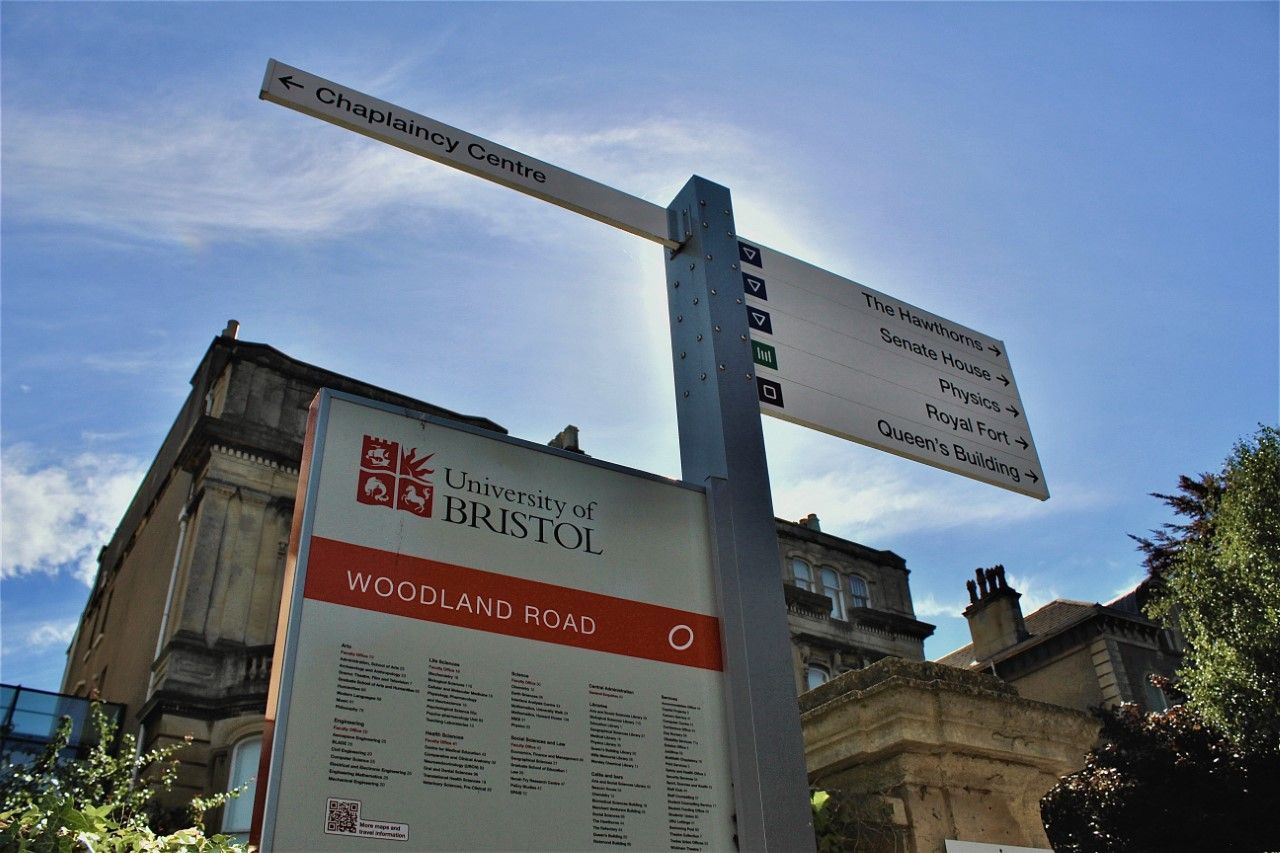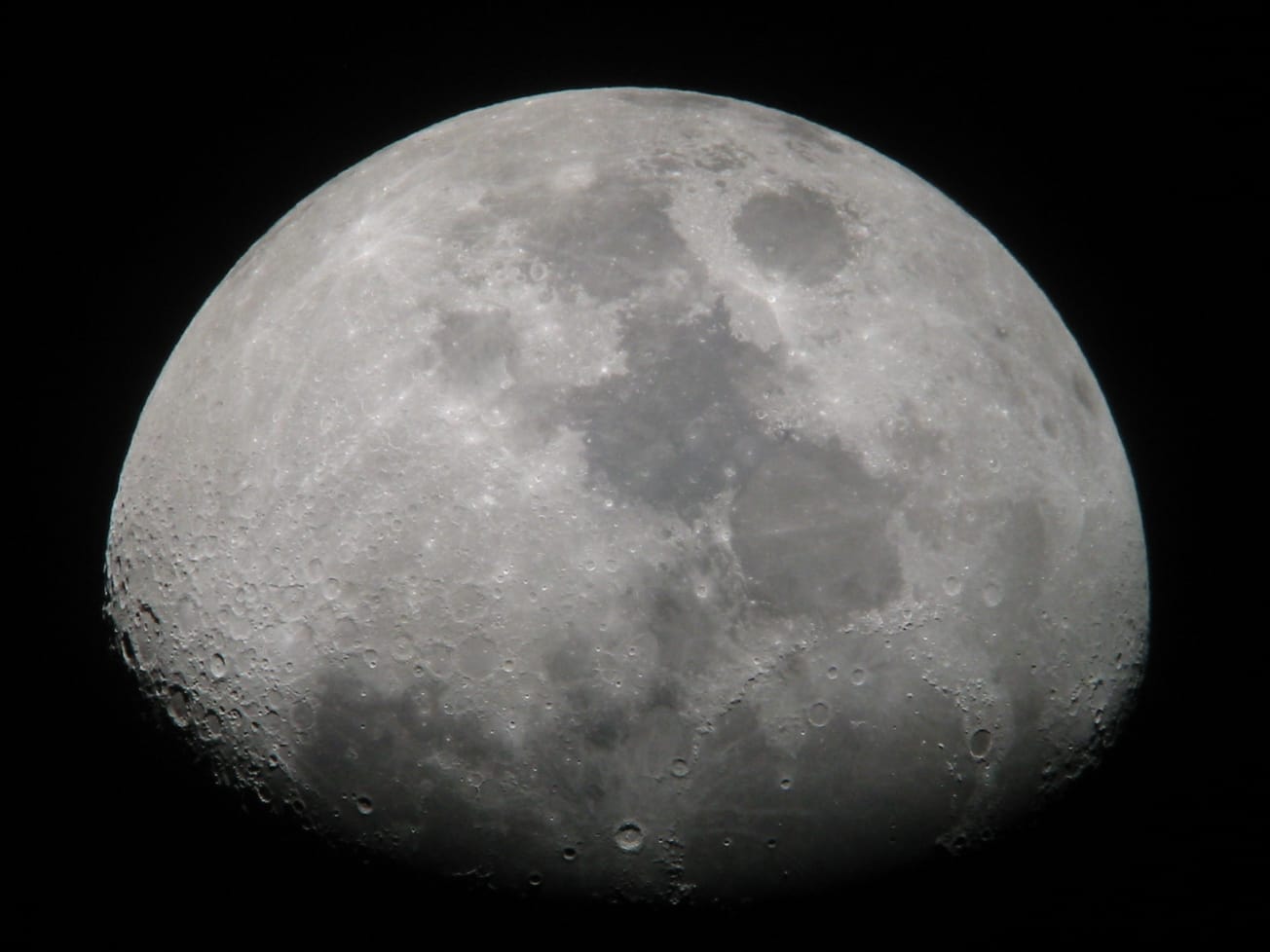By Sarah Dalton, SciTech Sub-Editor
English student, Sarah Dalton, explores how humanities students can and should engage in science.
Becoming the only humanities student to edit for Epigram’s SciTech team was always going to be a little daunting. Other than an involvement with the Youth Strike for Climate movement, I had no real knowledge of science when I applied for this position as an English student almost a year ago.
My A-levels had been entirely grounded in the humanities and modern languages, and my friendship circle throughout school was a budding group of English, History and Classics nerds. Science, I had long ago decided, was not for me.

The unspoken war between STEM (Science, Technology, Engineering and Maths) and humanities subjects has existed for years, and the arts and sciences are constantly pitted against one other.
Whilst some see STEM students as cold and less attuned to the complexities of human existence, others would argue that humanities as a field is losing its modern-day relevance in a world grounded by science. One only needs a quick scan of Bristruth’s Facebook feed to understand the pertinence of this divide at the University of Bristol.
#Bristruth31967 I swear if I hear the words “history is not a hard subject”, from another STEM persons mouth, I’ll start a civil war
Posted by Bristruths on Friday, 15 January 2021
In England, subject specialisation begins earlier than almost every other country in the world, with 14-year-olds often made aware of the disciplinary divide when they are asked to start considering GCSE selections.
The government’s shift in focus to funding STEM research also reflects the societal shift in attitudes towards humanities being ‘a waste of time’ as I was informed when deciding to study English.
The global push towards STEM subjects, particularly for females, simultaneously pushes for an education that separates sciences from the arts instead of valuing both disciplines for their skill sets.
When asked if they had ever felt pressured into choosing between the two fields, a second year Computer Science student explained that: ‘At the time, STEM subjects were what I enjoyed and I felt I was good at them so I should be doing them. Now looking back, I wish I had chosen more of a mixture because a lot of humanities topics have become important, and I’ve started to find it more interesting.’
A second year Ancient History student added in a similar vein that: ‘I decided to drop Biology at A-level as I wanted to focus on my essay writing subjects because that was the career path I wanted to take. I miss scientific learning, and so I regret it in that sense.’
‘We are told that our minds are either creative and more humanities driven or scientific and literal thinking’
‘I miss scientific learning’ was never a phrase that I had associated with myself until becoming a part of the SciTech team. However, having edited countless articles on gene therapy, robot muscles, ground-breaking vaccines and even the scientifically perfect cider, it couldn’t ring more true.
The idea that by choosing a degree in the humanities, a person is unable to actively engage in scientific and technological advances is quite frankly, ridiculous.
Like many humanities students, I have found myself reaching for a copy of The New Yorker and shying from New Scientist due to an inherent belief that I was not knowledgeable enough or ‘scientific enough’ to understand its contents. That is not true. If you are unable to engage with a scientific article, the issue lies not with your ability to understand, but with the writer’s ability to explain.
As one English and History student expressed: ‘We are told that our minds are either creative and more humanities driven or scientific and literal thinking, and we end up putting ourselves into that box.’ Our job now, is to break that box.
The urgent need to STEMpower women
Languages are invaluable for STEM student
So, whilst I may be graduating with a Bachelor of Arts and not a BSc, I hope to emerge from university with a greater understanding of the scientific and technological world around me, and the knowledge that science is open for me to explore and enjoy.
For those looking to engage in science further, I would recommend visiting We the Curious in Bristol, skimming a copy of New Scientist or Epigram’s SciTech section, or trying the abundance of fascinating documentaries available on streaming services to see what takes your interest.
Featured Image: Epigram / Lucy O'Neill
Have you ever felt pressured to choose between STEM and humanities subjects?









